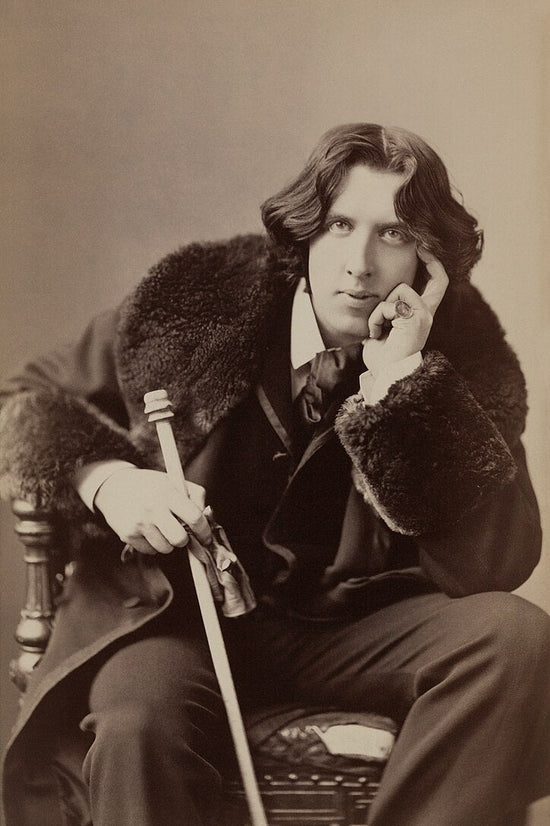
Oscar Wilde, born in 1854, was an Irish playwright, poet, and author, renowned for his wit, style, and sharp social commentary. Wilde’s works often explore themes of beauty, decadence, and the contradictions within society. His most famous plays, such as The Importance of Being Earnest, An Ideal Husband, and Lady Windermere’s Fan, are celebrated for their clever dialogue, satirical humour, and critiques of Victorian society's morals and conventions. Wilde’s novel, The Picture of Dorian Gray, is a dark exploration of vanity, excess, and the pursuit of pleasure in the Gothic fiction canon. Known for his epigrams and brilliant one-liners, Wilde’s writing reflects his belief in the power of art and beauty as well as his disdain for the rigid social norms of his time. Wilde remains a literary icon whose work continues to captivate and provoke discussion for its wit, wisdom, and biting social critique.
Indulge in the wit and elegance of Oscar Wilde with these book wax melts. Made from eco-friendly rapeseed and coconut wax, these hand-poured melts offer a long-lasting, captivating fragrance perfect for book gifts. Inspired by Wilde’s sharp wit and timeless charm, these wax melts bring an air of sophistication to any space. Ideal for adding a touch of literary class to your home, they provide a clean, even burn while enhancing your reading experience. Perfect book gift for literary lovers.




